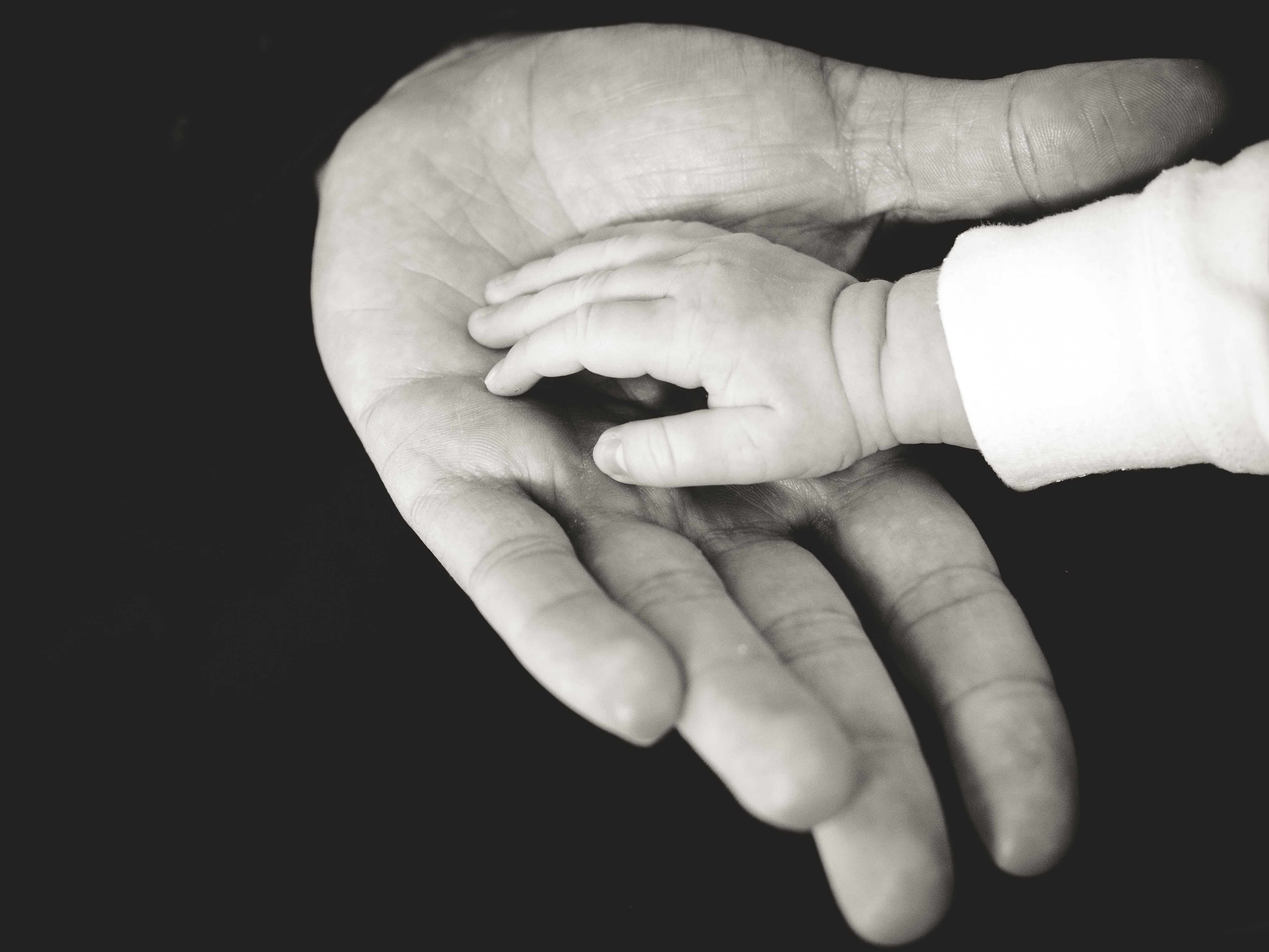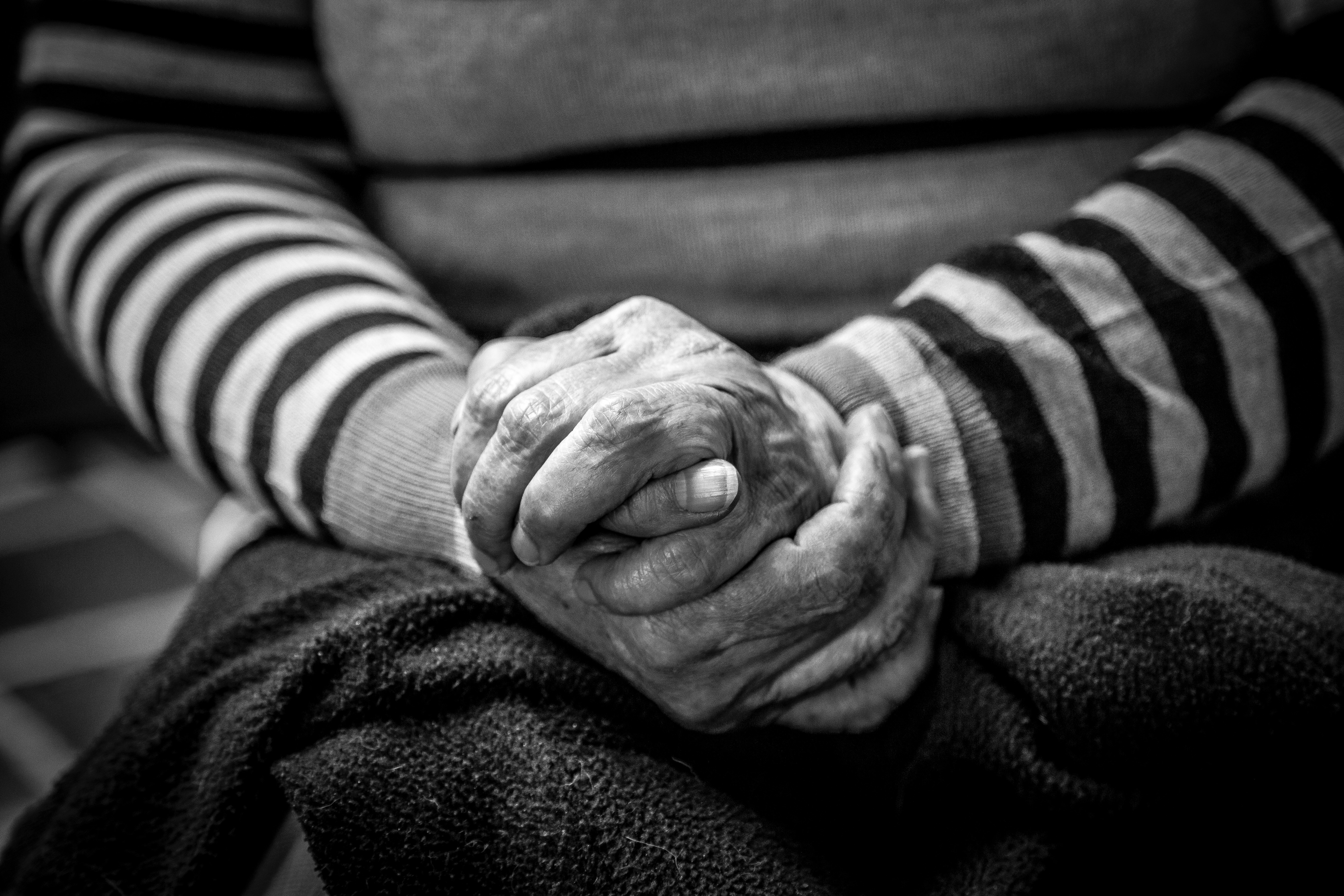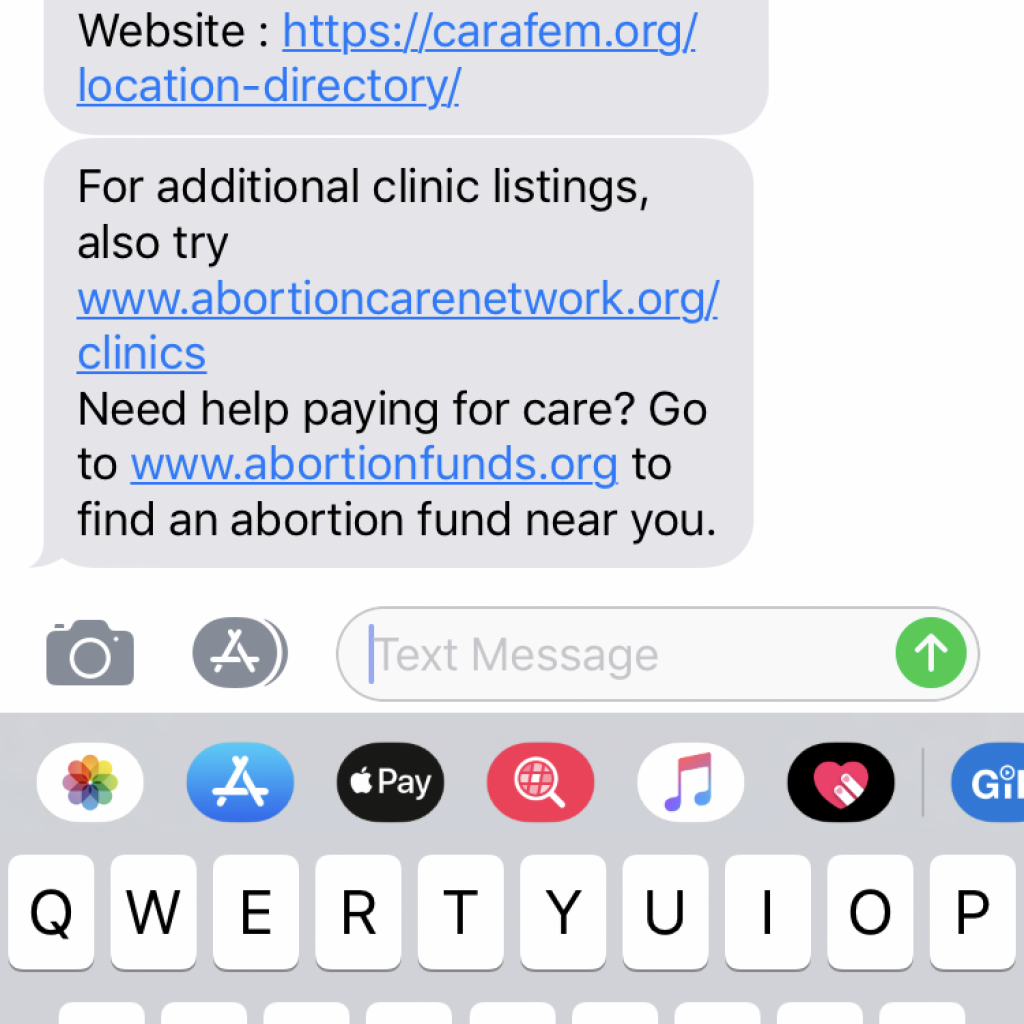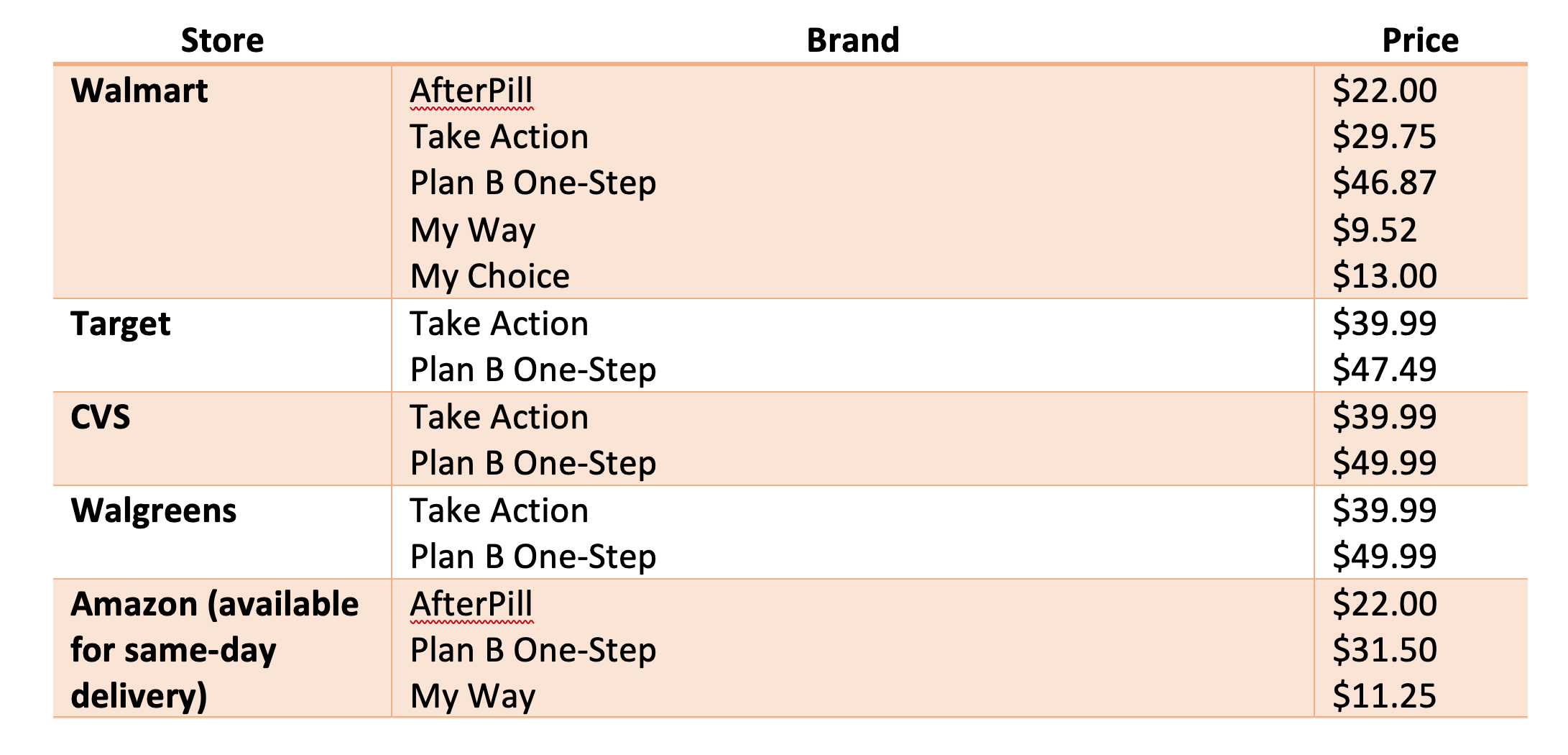Well, the news isn’t great. Alabama has become the latest state to pass a near abortion ban, and it’s time we talk about what this means for our patients in the US, because it’s certainly not something we can ignore.
For now, at least, abortion is still legal in all 50 states, so let’s begin there. But as (predominantly male, non-physician or nurse) legislators chip away at abortion access, the question needs to be asked: how does this change the way we counsel patients about emergency contraception? Should we be ensuring we can offer copper IUDs for women who are concerned that their weight may make Ella or Plan B less effective? Do we need to have far more nuanced conversations with our patients who can become pregnant about EC and subsequent options if pregnancy occurs? Pregnancy tests are expensive, so will we offer follow up testing for pregnancy to ensure that the EC worked, just to make sure any EC failure is caught prior to the 6-week cut-offs (assuming they end up being the threshold)?
Abortion is incredibly personal, but access to abortion should not be. Regardless of the decisions we might make if faced with an unplanned pregnancy, every single patient who has the potential to become pregnant deserves a clinician who will provide full-throated advocacy for their right to not be if that’s what they want. And laws that would punish clinicians for terminating the pregnancies caused by rapists more harshly than the actual rapists is such absurdity it’s hard to even type that sentence. It’s time, as a profession, to have some very real conversations about what it looks like to provide patient-centered care in the face of laws that are anything but.
If you have the means to donate some cash to support organizations doing the work of keeping abortion safe and legal for everyone in the US, consider:
https://yellowhammerfund.org/
https://sistersong.nationbuilder.com/donate
https://abortionfunds.org/
https://prochoice.org/about-naf/support-naf
(or add some of your favorites in the Comments)
____________________________________
Have you checked out
the FHO store lately? You can
find our newest research brief, Aging Bruises Based On Color, plus our original guide, Injury Following Consensual Sex. Both available now for electronic
download. Plus, coming soon: the newest research compilation, Applying The Strangulation Research To
Expert Testimony In Cases With Adult Victims.






















